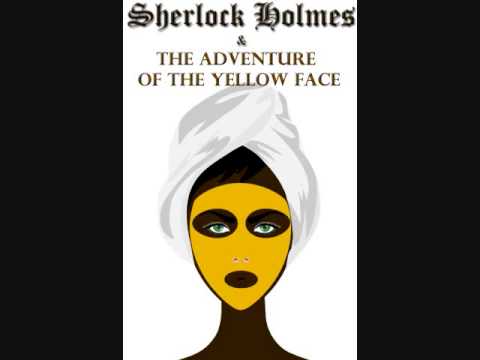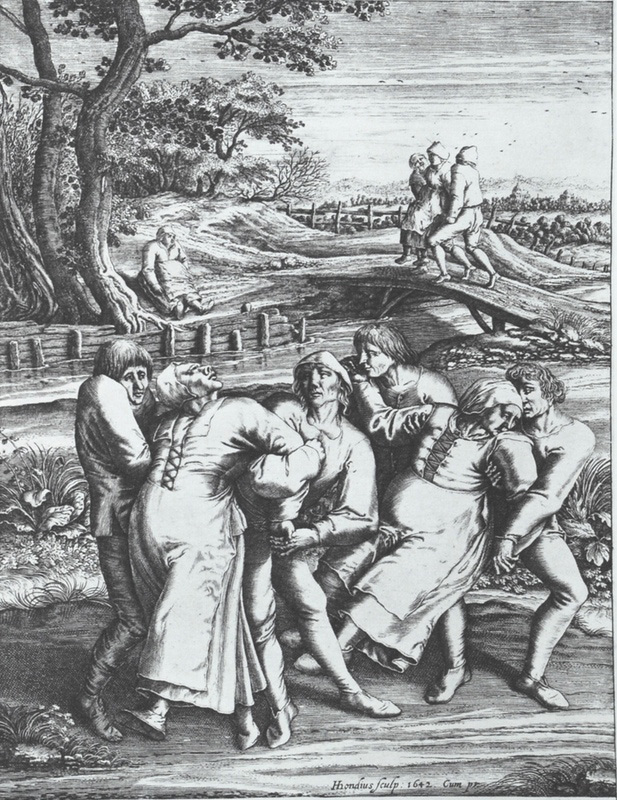Since my passion blog Beyond Science started three months ago, we have explored a variety of interesting topics, such as history, art, universe, etc. For the last post, let’s take a look at why many people, including me, enjoy learning about those unsolved (or even unsolvable) stuff. Why mystery matters?

“We do not need to look back five thousand years or more to find evidence of humanity’s perplexity concerning metallic vehicles roaming the sky.” Credit: grahamhancock.com
First of all, mysteries stimulate our imagination. We live in a world where we try to come up with an explanation for almost everything, so topics that defy our basic reasoning can quickly catch our attention, pique our curiosity, and activate our imagination. For instance, the UFO sightings carved on the walls of ancient Egyptian pyramids seems to suggest something extraordinarily suspicious. How did ancient Egyptians have the means and technology of building giant pyramids? Did they make contact with aliens? Did aliens help them build the pyramids? What if they were actually the descendants of aliens?
Famous theoretical physicist Albert Einstein once remarked, “Logic will get you from A to Z; imagination will get you everywhere.” Indeed, mysteries give us a chance of conjuring up things that are either unrealistic or just plain silly in our everyday lives. Oftentimes, children like to hear imaginative stories and pretend play “in order to exercise their imaginations.” As a kid, I loved to listen to fairy tales and fantasies to let my imagination roam freely. In short, mysteries have the power to liven up our mundane lives.
- Thrill

The Yellow Face by Holmes. Credit: Wikipedia
In my opinion, the second reason that many people love mysteries is the straight-up, uncontrollable thrill you feel when you encounter something strange and unexpected. Mystery novels epitomize this idea of thrilling. Topics such as murder, mayhem, etc., if presented in the right way, can create a dramatic experience of mental unsettlement. As a result, it satisfies our “morbid” curiosity for certain people. For instance, in Holmes story, “The Adventure of The Yellow Face,” a man suspects that his wife is cheating on him, so he follows her as she is going to a house down the road. “In the upstairs window, he sees a grinning, yellow face in the window.” Did you get the chill in the back? I did when I read the sentence above.

The Dancing Plague of 1518. Credit: Sparknotes
Essentially, thrill is a fine line between disgust and fear that many people would like to walk on. Similar to mystery novels, some of the world’s historical enigma can also produce the same effect. For example, the Dancing Plague of 1518 was a widely recorded case in which a whole town of peoples in Strasbourg, France, were fanatically dancing for months. According to the record, it was “not a waltz, a tango, or the dreaded Macarena, but a tortured, convulsed, involuntary dance fever.” The phenomenon started when in July 1518, a woman named Frau Troffea turned onto a narrow street and began dancing. Her creepy moves appeared to be contagious, as about 400 people started to mimic her psychotic dancing. In the end, many of the “infected” people died from exhaustion, heart attacks, or strokes. Yet, we still have no idea why!
3. Insights
In science and engineering, many unsolved mysteries may contain important insights into a specific area of study. Such mysteries require creative minds, as well as critical insights. For instance, one of the most important unsolved problems involving mathematics and computer science is the P versus NP problem. In a nutshell, the question states that “whether or not, for all problems for which an algorithm can verify a given solution quickly, an algorithm can also find that solution quickly.” In other words, we want to find out if a computer can solve a given question as quickly as it can verify a given answer. P versus NP problem is an open question that has “far-reaching consequences to other problems in mathematics, biology, philosophy and cryptography.” As MIT professor Scott Aaronson pointed out, “If P = NP, then the world would be a profoundly different place than we usually assume it to be. There would be no special value in ‘creative leaps’, no fundamental gap between solving a problem and recognizing the solution once it’s found. Everyone who could appreciate a symphony would be Mozart; everyone who could follow a step-by-step argument would be Gauss…”

P versus NP problem. Credit: wired.co.uk
No matter what we will discover in the end, the process of solving scientific mysteries can oftentimes lead to many unexpected results and insights.
Beyond Science is a blog dedicated to the mysteries of this world. As our knowledge grows, the mystery we face seem to expand, too. Does this mean that mysteries are just by-products of human knowledge? Do we invent knowledge and mystery at the same time? Either way, human will continuously push the boundary of knowledge. Perhaps, the urge to solve an intriguing mystery is just part of human nature, encoded in our DNA, to make sense of the world.
Works Cited
http://www.sparknotes.com/mindhut/2013/09/18/the-20-coolest-unsolved-mysteries-in-history/slide/2
This is an interesting topic. Mysteries don’t necessarily intrigue me, but the unreal and the fantastic have. Fantasy and science fiction have long been my favorite kinds of books and tv shows to indulge in. Thrill is another important characteristic of those genres. Horror mystery is an interesting genre too, I’m kind of skittish though, so I don’t watch or read that.
I absolutely LOVE mysteries and for as long as I can remember! I remember reading the whole Nancy Drew series over and over again and even started doing some “sleuthing” myself! After Nancy Drew, I started becoming especially obsessed with James Bond and watched the whole series. Like you said, there was just something absolutely captivating about mentally experiencing the thrill that these journeys took me on. James Bond was (still is!) perfect for me because it combined intellectual and physical thrill (which by now, you know very well). I personally believe that mysteries are the exact opposite of being by-products of human knowledge. I feel that it is our lack of knowledge that primarily piques our curiosity and drives us to find out the truth behind the mystery!!